Changing the world in six stories
Marcos, Marcela, Lucy, Juan, Adelaida, and Luz are not six names just pulled from a hat. They are six Latin American entrepreneurs who are getting ahead using small loans, savings, and microinsurance that protects what they are building. They are six of the 2 million people served by the BBVA Microfinance Foundation (BBVAMF).
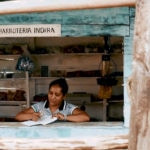
Like them, men and women across the globe have been working for a better future. The United Nations has given this future a deadline: 2030. From now to then, the world will have to change. The way forward: the roadmap defined by the U.N. Sustainable Development Goals. The commitment: that no one is left behind. The challenge: that the effort required is universal.
These six stories encourage reflection, rouse action, and demand acknowledgment that everyone has the power to create change, and that a lot can be done even with very little.
Marcos Flores, Chile
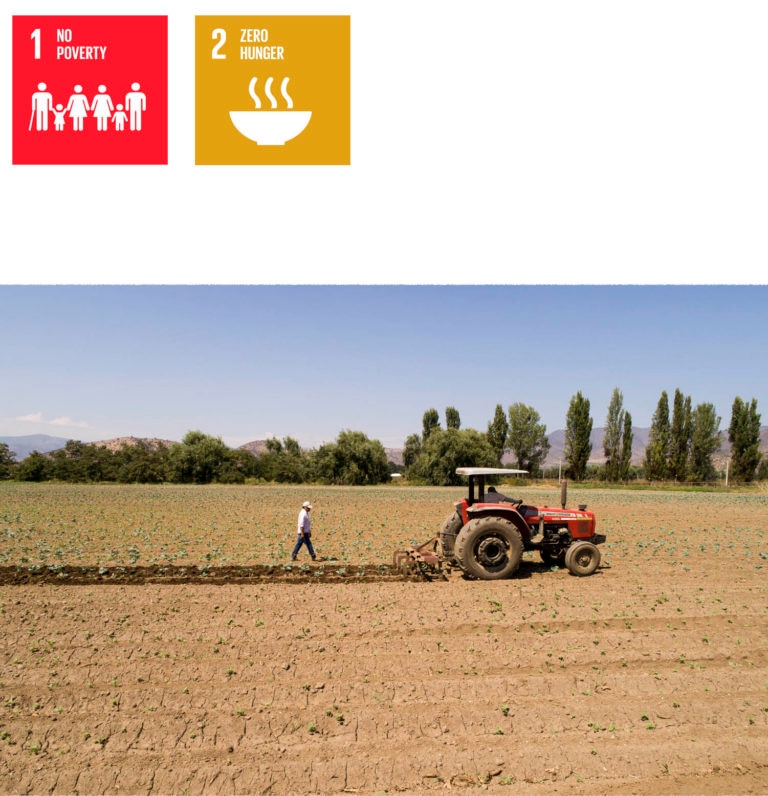
Marcos knows that the challenge of today is to adapt technology to agriculture, but this opportunity isn't always available. That’s why the Foundation is committed to bringing innovation to rural areas where it can help small farmers respond to the considerable changes that are transforming the sector.
Hand in hand with the Foundation, he learns new approaches to farming and techniques that would otherwise be inaccessible. Expert advisors provide him the technical support he needs to implement them, thus improving his crop. They also help him align his loan payments with his revenues, determined by the seasonality of his activity.
Marcela Aedo, Chile
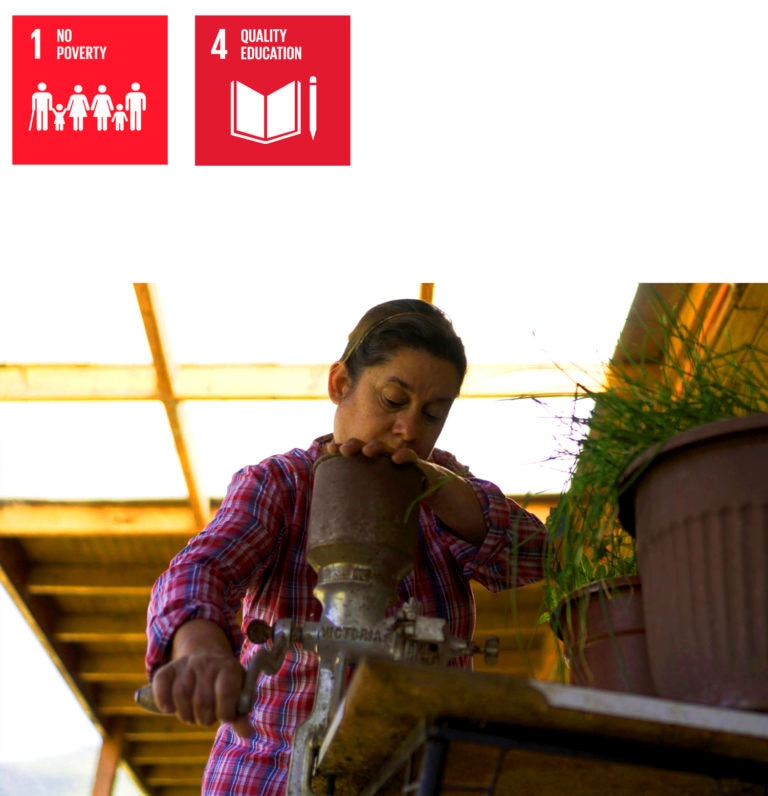
At 50, Marcela has seized her independence. She spent years tied to a job that kept her from spending time with her children and barely covered her expenses. Now she lives off the land and works as a beekeeper, thanks to training she received at the School of Entrepreneurship administered by the Foundation's Chilean entity.
Through the education provided by BBVAMF, she learned how to grow a business and discovered the satisfaction of being able to give her children a better life. The eldest, Gabriela, is studying English at university, and the youngest has yet to decide what her future entails, but her mother's endeavors have given him the chance to dream.
Lucy García, Perú
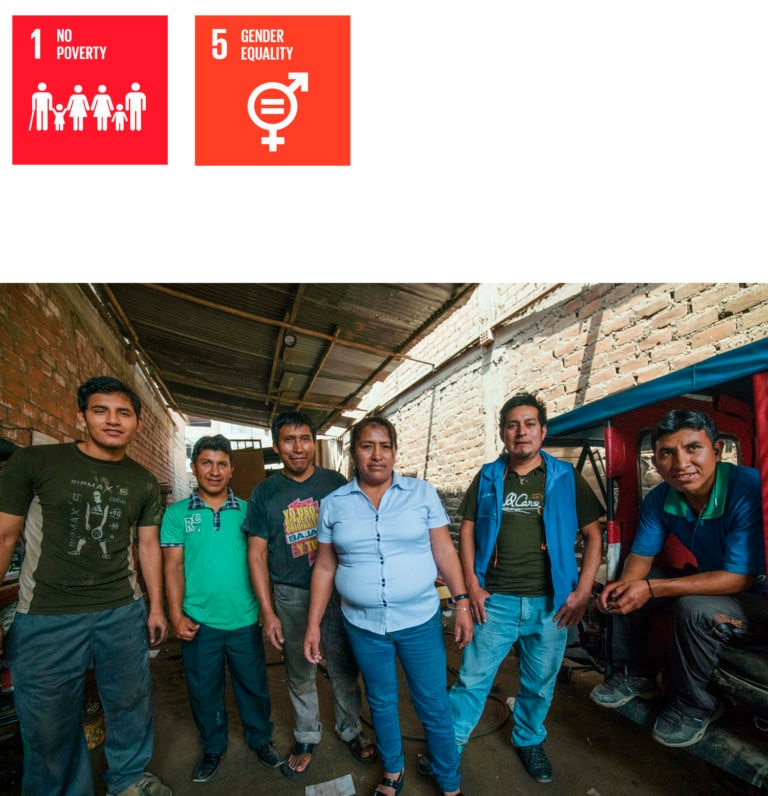
Lucy challenged the general opinion of those around her, those who insisted that, as a general rule, a woman can’t make a living doing a man's job. But there are a few things stronger than the determination of a mother who is the head of her family. Underestimating a woman like Lucy is a common mistake.
Lucy went from driving a moto taxi to managing an entire transportation network, which employs 200 families in her community and has allowed her children to become professionals. In addition to these achievements, every day she provides an example of how women are just as capable as men and deserve to be treated equally.
Juan Disla, República Dominicana
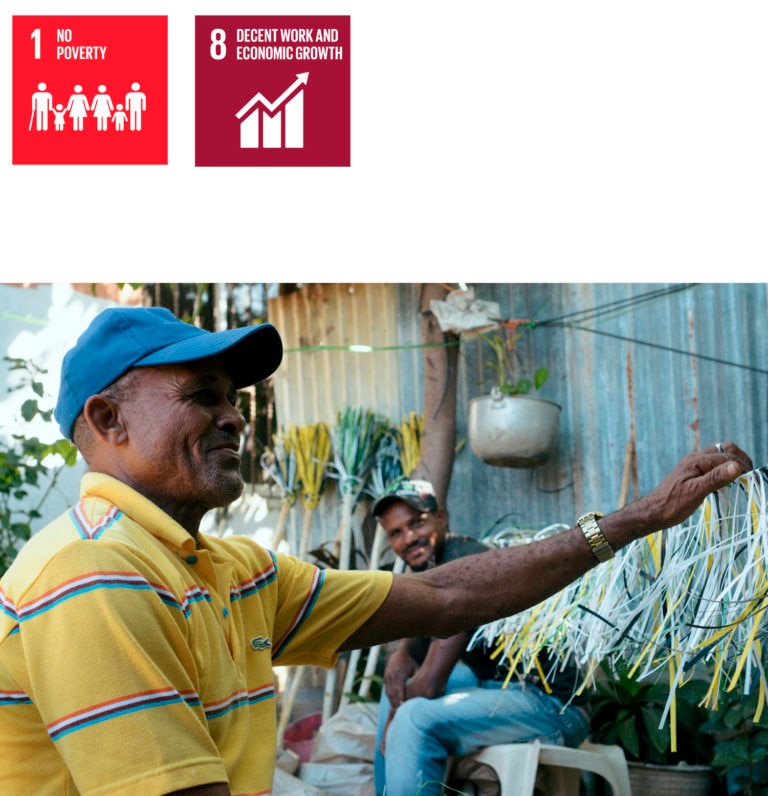
In the Dominican Republic, which, according to the U.N. Economic Commission for Latin America and the Caribbean, has one of the lowest social welfare coverage rates in the region, retirement isn't always an option. So, it didn't come as a surprise to find Juan, at 65, seated on the patio of his house, which he has converted into a small broom-making workshop.
He has spent 20 years dedicated to this trade, which he learned from watching and doing, and he trusts that he will make it into a family legacy. Fondly known by his neighbors as Cuchan, he has built a life out of his business, which is protected with microinsurance coverage. With his business and the savings he has put in the bank, he has been able to provide a better future for his 7 children.
Adelaida Morán, Panamá
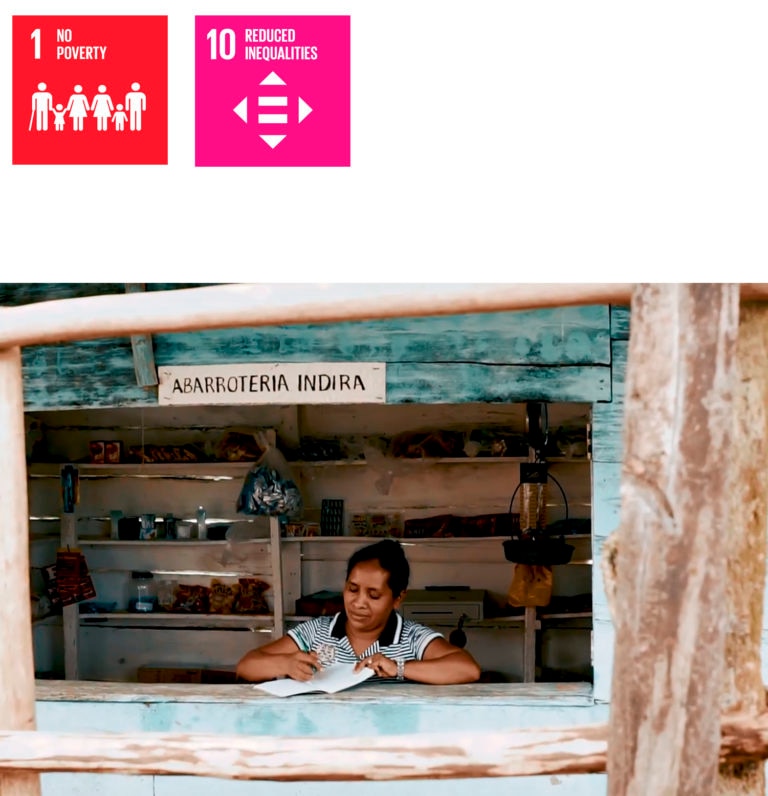
Adelaida's home-business is some 18 miles − on dirt roads − away from La Chorrera, Panama. Her 200 neighbors know her because she runs a small shop, in addition to raising chickens and cultivating coffee, thereby creating jobs in her community. She heard about the Foundation years ago, and knew it offered opportunities for entrepreneurial people.
She swears that since the day she became involved with BBVAMF, she has prospered so much that it has given her reason to dare to be ambitious. Now she wants to buy a car to sell her products outside her village, in addition, just as, if not more, important: to be able to get help for her children or neighbors in case of an emergency − without having to wait three hours for the bus, or even the next day if it's at night.
Luz Dary, Colombia
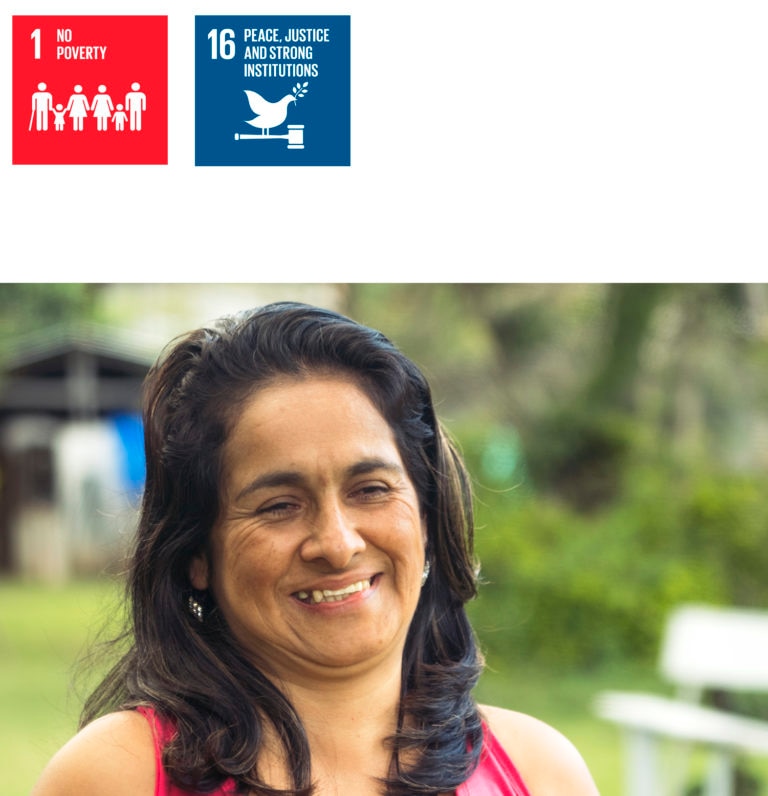
Luz Dary is 46; she's been alive almost as long as there has been armed conflict in Colombia. She has lived in el Cauca for a long time: previously it was an area controlled by guerrillas; now the government has given it priority during the transition to peace. She has seen armed groups passing through her streets, the same groups who contributed to common delinquency, making her neighborhood even more dangerous.
For eight years she has relied on the Foundation's support to grow her small business and be able to live together with her family. Thanks to her business, her eldest daughter who in the past was threatened by the FARC, is about to finish the nursing school in Cali.